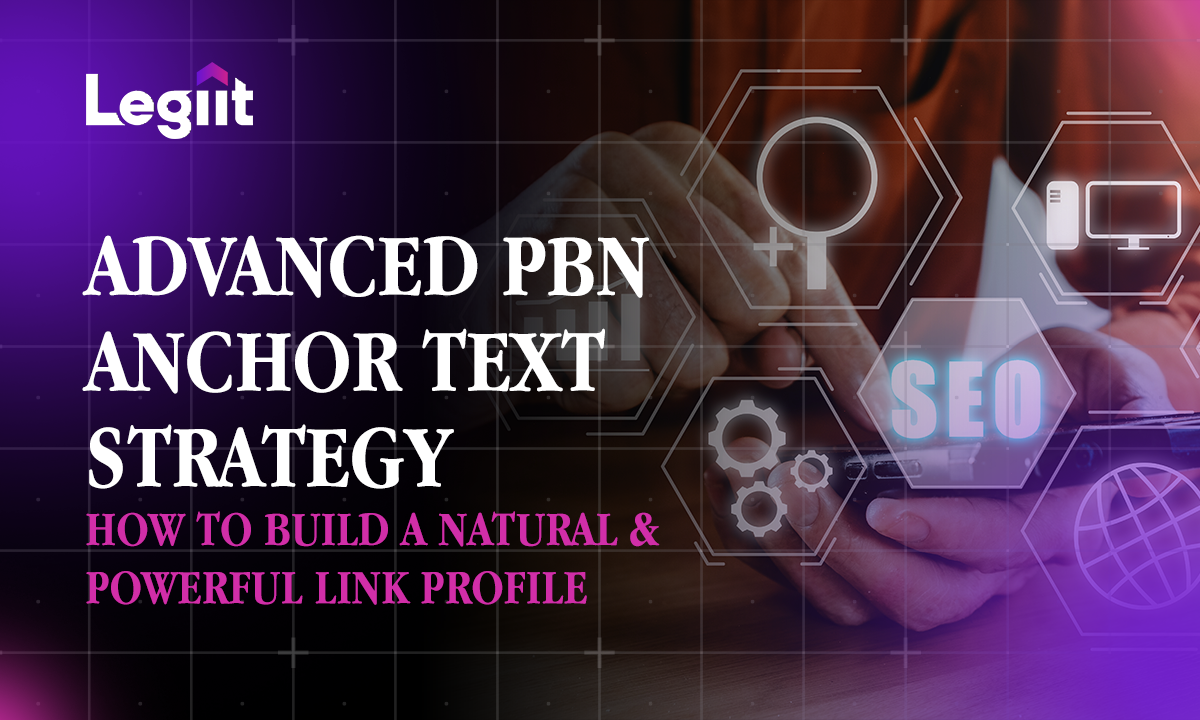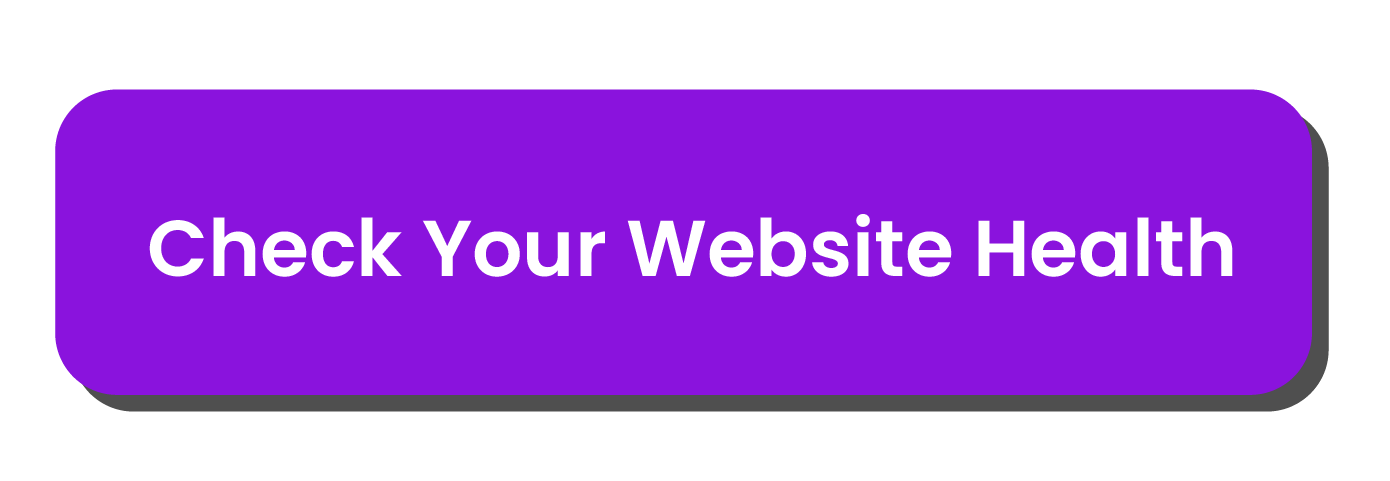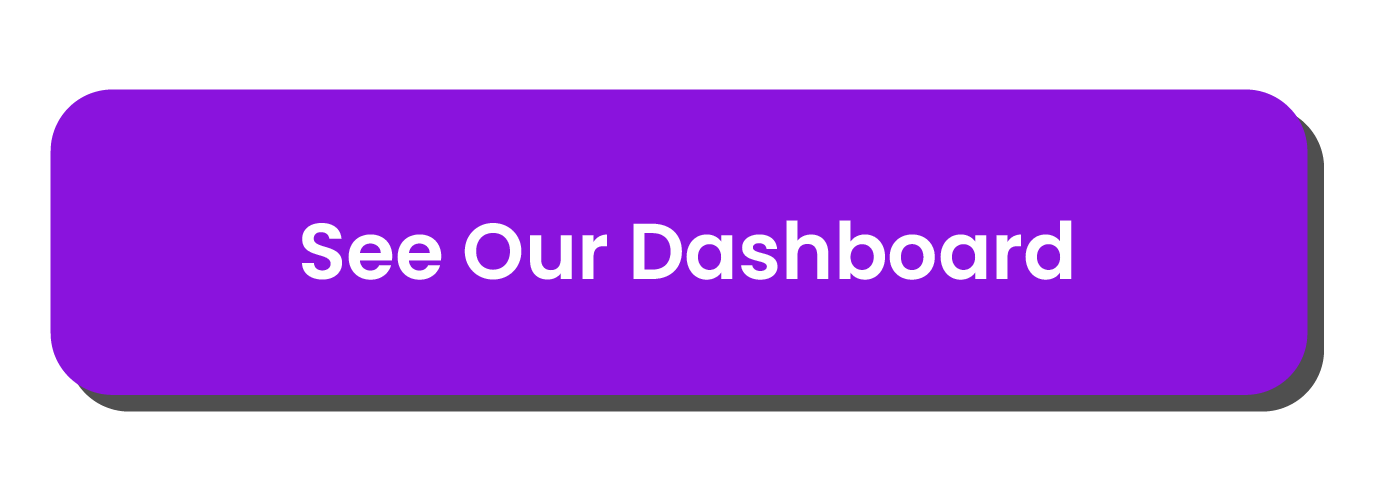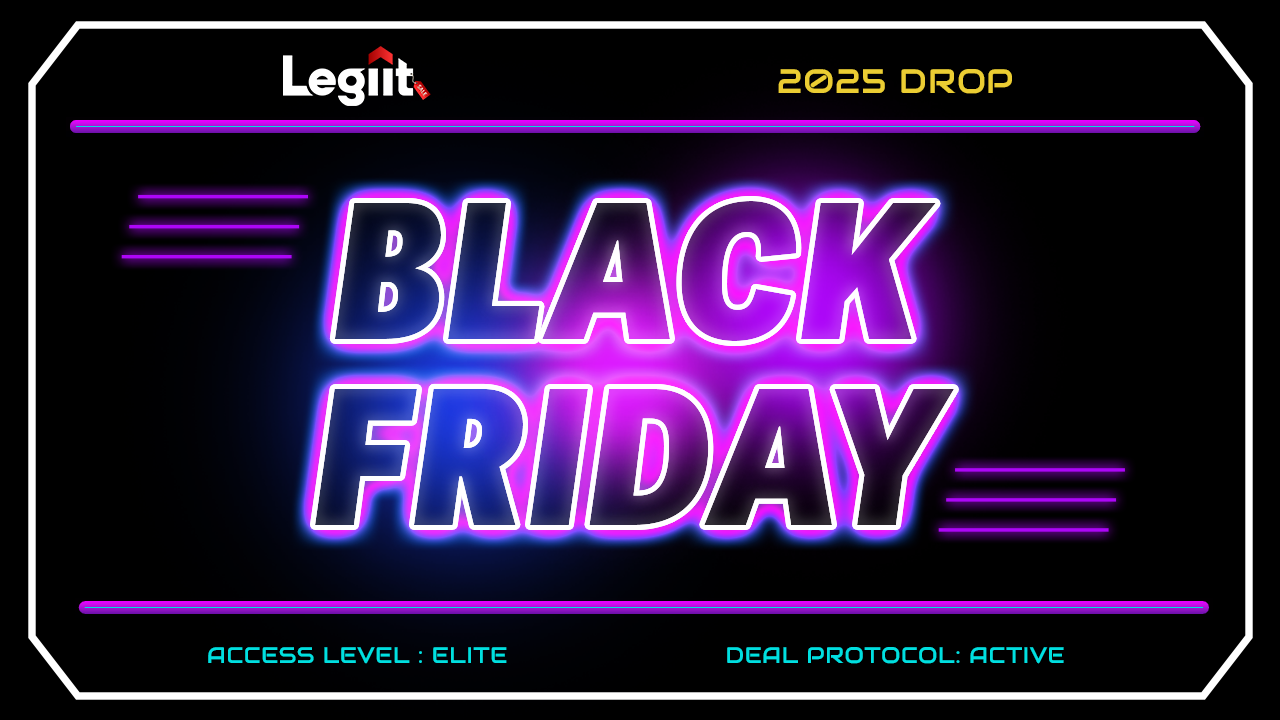A Private Blog Network (PBN) gives you a superpower that no other link-building method can offer: 100% control over your anchor text.
This control is a double-edged sword. Used with surgical precision, it can rocket your site to the top of the SERPs. Used carelessly, it creates an obvious, unnatural footprint that's like a homing beacon for Google penalties.
Most people who get their PBNs de-indexed fail right here. They get greedy with their anchor text.
This guide is the safety manual you need. We'll break down the professional's approach to PBN anchor text, introducing a simple framework to help you diversify your profile, maximize power, and stay under the radar.
PBN Anchor Text: The Cheat Sheet
Here are the non-negotiable rules for a safe and effective strategy:
- The #1 Rule: Diversify to Survive. The goal is to mimic a natural link profile. A natural profile is always random and diverse, never uniform.
- The Riskiest Anchor: Exact Match. Use this potent spice with extreme caution, never as the main ingredient. It's the biggest red flag for manipulation.
- The Safest Anchors: Branded & Naked URLs. These should form the vast, stable foundation of your entire backlink profile.
- The Goal: To create a link profile that is statistically indistinguishable from a website that is earning its links naturally and organically.
On This Page
- What is Anchor Text & Why It's a Critical PBN Footprint
- The Anchor Text Pyramid: A Safety-First Framework
- Advanced Strategy: Homepage vs. Inner Page Anchors
- The Tier 2 Anchor Text Playbook
- PBN Anchor Text FAQ
What is Anchor Text & Why It's a Critical PBN Footprint
Simply put, anchor text is the clickable text in a hyperlink.
For years, SEOs knew that if you wanted to rank for "blue widgets," you should build links with the anchor text "blue widgets." Google's algorithms have become infinitely more sophisticated since then. They are now experts at detecting patterns.
Because PBNs give you total control, it's dangerously easy to create an unnatural pattern by overusing your target keywords. If 50% of your links have the exact same commercial anchor text, you're not blending in; you're screaming to Google that you're manipulating its rankings.
The Anchor Text Pyramid: A Safety-First Framework

The safest way to visualize your anchor text strategy is as a pyramid. The wider the base, the more stable and penalty-proof your backlink profile will be.
The Base (70-80%): Foundational Anchors (Maximum Safety)
This is the foundation of your entire link profile. The vast majority of your links should fall into these safe, natural categories.
- Branded Anchors: Your brand or website name (e.g., "Legiit," "MySaaSApp"). This is how most real websites are linked to naturally.
- Naked URLs: The plain URL (e.g., https://www.yoursite.com). This is the most basic, unoptimized, and natural way to link.
- Generic Anchors: Non-descriptive phrases like "click here," "read this guide," or "visit their website."
The Middle (15-25%): Topical Anchors (Relevance & Power)
These anchors build topical relevance without the high risk of exact-match keywords. They tell Google what your page is about in a natural way.
- Partial Match Anchors: Phrases that include your keyword along with other words (e.g., "this guide to link building" instead of just "link building").
- LSI & Synonym Anchors: Related keywords and synonyms (e.g., "backlink acquisition strategies" if your target is "link building").
The Tip (1-5%): Exact Match Anchors (Maximum Power & Risk)
This is the very top of the pyramid and the smallest part of your profile.
- Exact Match Anchors: Your precise target keyword (e.g., "link building"). This is the most powerful signal you can send, but it is also the biggest red flag for manipulation. Use these surgically and sparingly on your most important pages.
Need Help Managing Your Anchor Text Ratios?
Tracking these percentages across a large network is complex and time-consuming. On Legiit, you can find PBN service providers who understand safe anchor text diversification and can build a powerful, natural link profile for you.
Find a Safe PBN Service on Legiit
Advanced Strategy: Homepage vs. Inner Page Anchors
A professional link builder doesn't treat all pages the same. Your anchor text strategy should differ based on the page you are linking to.
Homepage Anchor Strategy
Your homepage is your brand's hub. Its link profile should reflect that.
- The Rule: Your homepage's backlink profile should be overwhelmingly dominated by Branded and Naked URL anchors (80-90%+).
- Why: People naturally link to a brand's homepage using its name. Over-optimizing your homepage with commercial keywords is an amateur mistake and a huge red flag.
Inner Page Anchor Strategy
Your inner pages (blog posts, service pages) are about specific topics. Here, you can be slightly more targeted.
- The Rule: You can increase the percentage of Partial Match and Exact Match anchors pointing to these pages, as they are topically focused.
- The Safety Cap: Even on inner pages, most experts recommend keeping your Exact Match anchor text below 10% of that page's total backlink profile to stay safe.
The Tier 2 Anchor Text Playbook
This is an advanced synergy. You can use a safer anchor text profile on your PBN (Tier 1) and a more aggressive one on the links pointing to your PBN (Tier 2).
- Tier 1 (PBN -> Money Site): Follow the safe Anchor Text Pyramid model described above. Prioritize branded, naked, and partial match anchors.
- Tier 2 (Other Links -> PBN Site): The links you build to your PBN sites can use more aggressive, exact-match anchors. This powers up the PBN page itself, which then funnels that authority through the safer, branded anchor to your money site.
PBN Anchor Text FAQ
What are the best practices for anchor text?
The absolute best practice is diversification. Use a healthy mix of branded, naked URL, generic, and partial match anchors. Use exact match anchors very sparingly. The goal is to mimic a natural, un-manipulated backlink profile.
How do I track my anchor text ratios?
A simple spreadsheet is the most effective tool. List every backlink you build and categorize its anchor text. This allows you to maintain your desired ratios and avoid over-optimization.
What happens if I over-optimize my anchor text?
Over-optimization can lead to two negative outcomes: an algorithmic filter (where Google simply ignores the spammy links, and they provide no value) or a manual penalty, which will cause a severe drop in your rankings and require a cleanup and disavow process to fix.
Don't Gamble with Your Anchor Text
Anchor text optimization is a game of precision, not power. A single mistake can put your entire investment at risk.
Instead of guessing, you can hire a vetted professional on Legiit who lives and breathes this stuff. Find expert freelancers who can create a safe, powerful, and diversified anchor text strategy for your PBN campaign.















 Download
Download